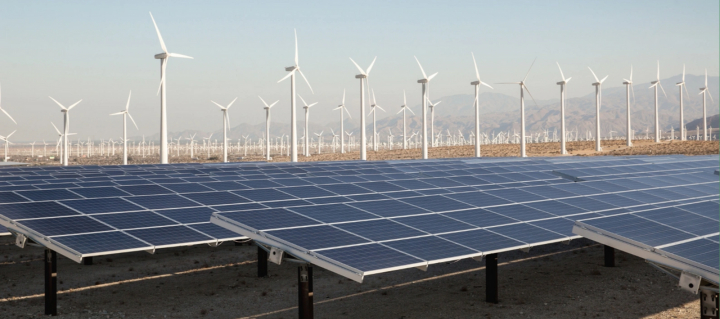The Efficacy of voluntary overcompliance for decarbonization: Evidence from California
This seminar uses evidence from California to examine whether customer purchases of voluntary green power have accelerated decarbonization processes.

A majority of US states have implemented renewable portfolio standard (RPS) programs, regulations that require minimum levels of renewable energy content for electricity providers; many jurisdictions have also introduced forms of voluntary green power, which enable customers to buy renewable power in quantities that exceed mandated levels. This paper assesses whether voluntary green mechanisms have accelerated decarbonization progress relative to just an RPS. I study the case of California, which is notable for having both an aggressive RPS and a substantial portion of customers taking service from retail plans containing renewable energy levels in excess of the state’s RPS. This is facilitated by the recent entry of Community Choice Aggregators (CCAs), publicly-owned retailers who procure power on behalf of their member cities, and who often emphasize environmental sustainability values.
Using regulatory filings and census data, I estimate a logistic regression model showing that higher income and pro-environment communities tend to join CCAs. I then estimate a second model that shows voluntary green procurement is correlated with community attributes indicating high willingness to pay for decarbonized power. However, CCA voluntary greenness did not translate to greater decarbonization relative to the RPS for the state overall: due to stagnation or backsliding in other parts of the sector, the state average was actually 1% below the soft target of 35.75% in 2021. Within CCAs, the high level of voluntary greenness exhibited by wealthier or larger CCAs does not translate to less wealthy or smaller CCAs. In addition, CCAs’ elevated levels of renewable energy are mostly attributable to resources originally procured on behalf of other incumbents, such that CCAs fare no better than other types of retailers at adding new renewable generators to the system on a per-kWh basis. These findings suggest that the primary effect of voluntary green power is to affect the distribution rather than the overall magnitude of decarbonization.
Speaker: Alison Ong, Stanford University















